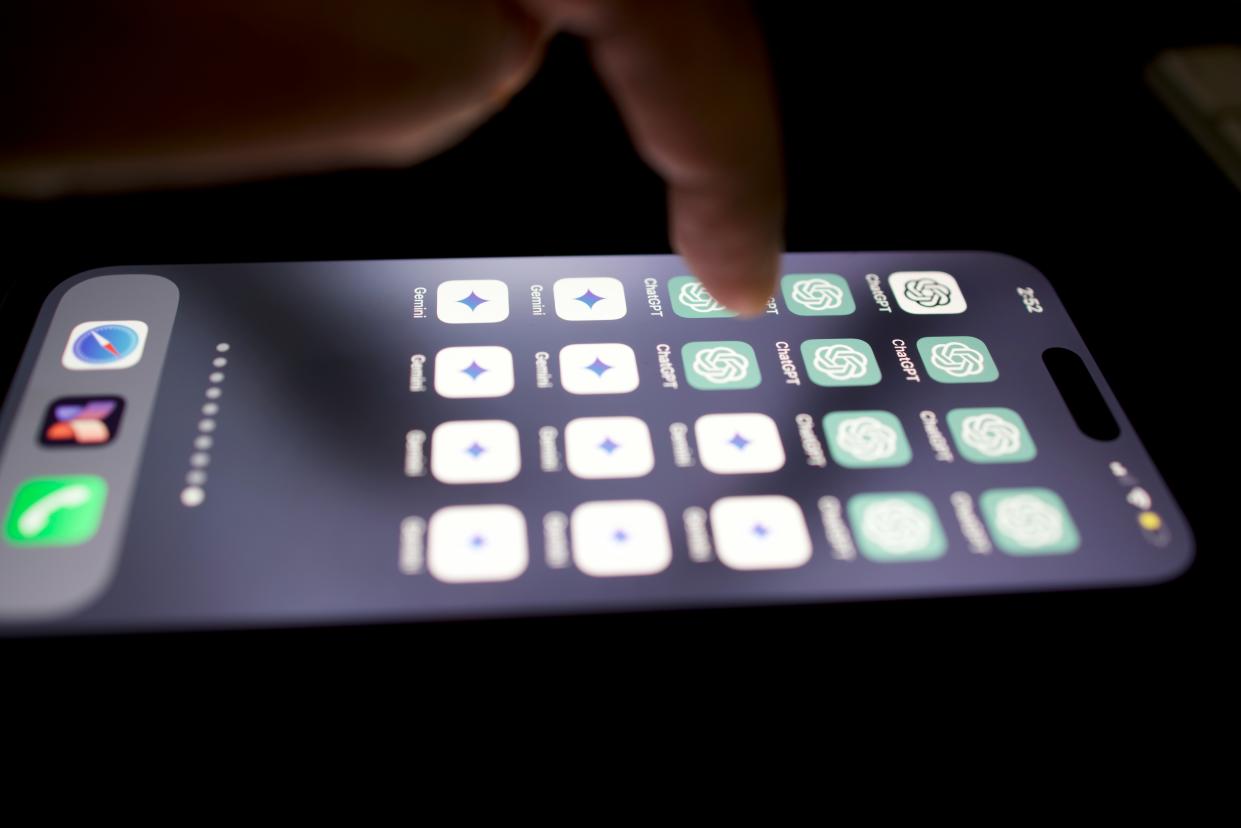5 Reasons The OpenAI and Apple Partnership Intrigues Me As An Educator

As an educator, I’m excited by the recently announced partnership between Apple and OpenAI. The partnership will allow Siri to integrate with ChatGPT, and is part of Apple’s announcement of a host of new AI capabilities that will help users use AI to search for specific photos, get writing help, and more.
Generally, I’m not one to applaud all-new AI developments. Recently, I’ve written about how some of the pro-AI discourse in education leaves out the very real challenges writing instructors, such as myself, are facing with AI generated work. In several stories, I’ve shared my struggles with identifying and weeding out AI-generated work in my classes.
Even though Apple’s full-scale embracement of generative AI doesn’t negate these concerns — in fact, it probably heightens these — I believe this partnership has the potential to make AI more accessible and practical in the classroom, help with privacy and bias concerns, and increase the tutoring potential of these tools.
Here’s why:
1. Apple Has A History of Making Technology More Accessible
Love it or hate it, Apple has long made technology that appeals to the non-techies by focusing on user experience. The technology is designed to make you forget you’re using technology and focus on the task at hand, whether that’s listening to music, scrolling social media, or hopefully in the future, conversing with a generative AI assistant.
Even though Apple products are expensive, many schools already utilize these, and when Apple embraces a technology they tend to up the level of competition across the field. Smartphones didn’t have great touchscreen keyboards as a default until after the quality of Apple’s made it a must. Or at least that’s what I gather from watching the recent film BlackBerry -- I’m definitely not old enough to remember the first iPhones, nor when my family first connected a computer to the new and strange-sounding thing called the “internet.”
2. Apple Has a Strong Background in Privacy
Apple maintains such strict control over its devices and apps that it can sometimes restrict creativity. The upside to that is that it tends to have a better privacy record than the competition (though, let’s be honest, the privacy bar in the tech world is kind of low).
Better privacy is crucial for ethical integration of AI in schools as the last thing I or any teacher I know wants to do is give tech giants more of our student data.
It’s still unclear how exactly Siri will integrate with ChatGPT but Apple has already touted some privacy features of its AI tools. Apple has stressed that its Apple Intelligence platform will use a system called “Private Cloud Compute” to make sure data processed in its products will be protected in a verifiable way.
“You should not have to hand over all the details of your life to be warehoused and analyzed in someone's AI cloud,” Apple Senior VP of Software Engineering Craig Federighi said, according to Ars Technica. As such, it’s very promising to have privacy enter the AI conversation in such a major way.
3. It Could Lead To Better AI Tutors
Many educators believe the potential for AI tutors is real, and there is some early research showing modest benefits to chatbot tutors in some instances.
To take AI tutors to the next level, it seems to me and others that better voice interface technology is needed. The marriage between Siri and OpenAI may be a good way to make that better interface a reality. In a best-case scenario, the capabilities of Siri and OpenAI will combine seamlessly and you’ll be able to have more detailed real-time conversations with Siri, and it will be able to coach students on various topics.
Of course, there’s also a possibility in the future you'll say, “Tell me how to by a home” and Siri responds with a twenty-minute lecture on the history of ancient Rome that is also inaccurate.
4. Apple Could Provide A Healthy Dose of Caution to OpenAI Technology
My impression covering OpenAI’s impact on education is that since the launch of ChatGPT, the company’s strategy has been to release the technology first and ask questions about how accurate and safe it is later. That has pushed Google to attempt to do the same but because of Google’s larger reach, it can’t quite release the AI hounds with as little consequence.
The same fear of failure and repercussions will be true for Apple as it has a lot to lose from embarrassing AI mishaps. That makes me hopeful that as OpenAI technology is unveiled through Apple it will be further vetted and be a more "shelf stable" product than the beta AI tools we’ve been seeing of late.
5. It's Just Fun
Okay, I’ll admit it: despite my own misgivings about ChatGPT, I can’t wait to have what I hope will be a semi-intelligent conversation with my phone.
At their best, Apple products make technology fun and I want to see more of that happen with AI. For example, even though we all love to hate it, Siri is a fun piece of technology, although since it was released in 2011 it has stagnated. It’s past time for an upgrade.
As I mentioned above, there will probably be ridiculous misunderstandings and the tool might not be ready immediately for prime time in education, but once it is, it could be an invaluable tool for students. Imagine a student being able to say, “Hey Siri, can you help me with my physics homework?” And then Siri saying, “Yes,” and that answer not being a hallucination.
